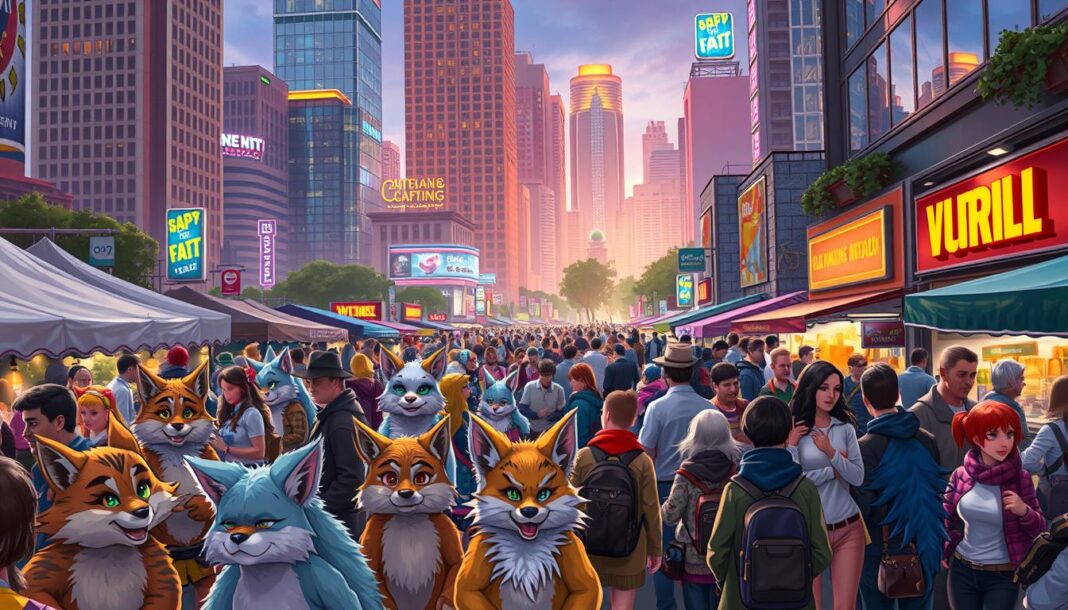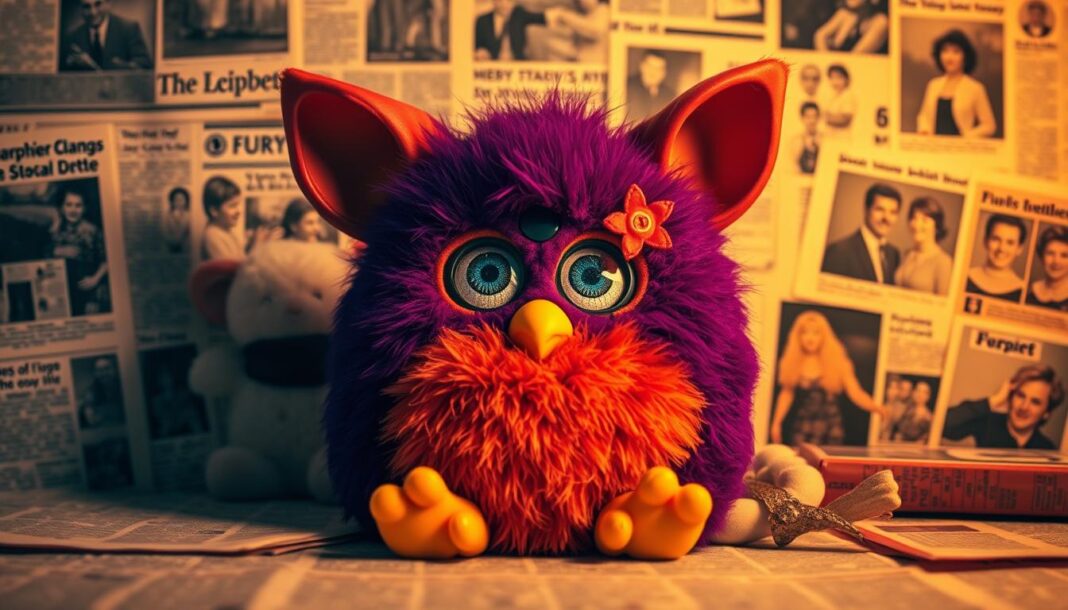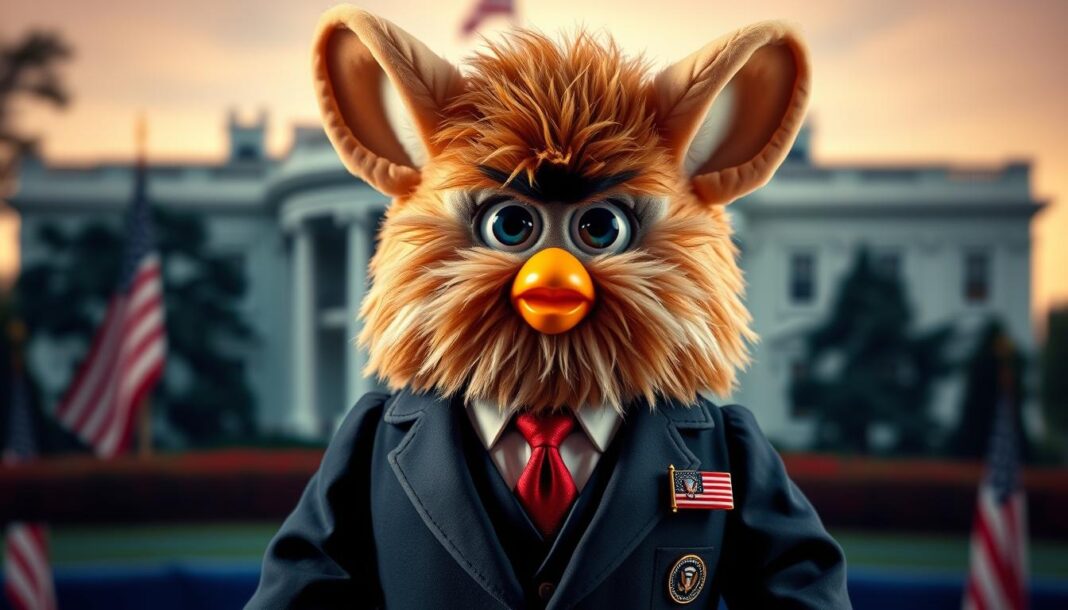The furry community represents one of the most creative yet misunderstood subcultures today. With members often expressing themselves through anthropomorphic animal personas, this fandom fosters artistry and inclusivity. However, external perceptions frequently clash with its vibrant reality.
Research shows 85% of furries identify as LGBTQ+, highlighting the group’s diversity. Events like Anthrocon generate millions for local economies, while furry conventions raise substantial charity funds. Yet negative stereotypes persist, fueled by media misrepresentation.
From the 2001 Vanity Fair article to the CSI episode portraying furries as deviant, mainstream narratives often distort the truth. This contrast between the community’s positive impact and societal prejudice raises important questions about tolerance.
What Is the Furry Fandom? Defining a Misunderstood Community
Exploring the furry fandom reveals a world of creativity and connection. Centered on anthropomorphic animals, this subculture blends art, performance, and identity exploration. Far from a niche hobby, it’s a global community with deep roots and surprising influence.
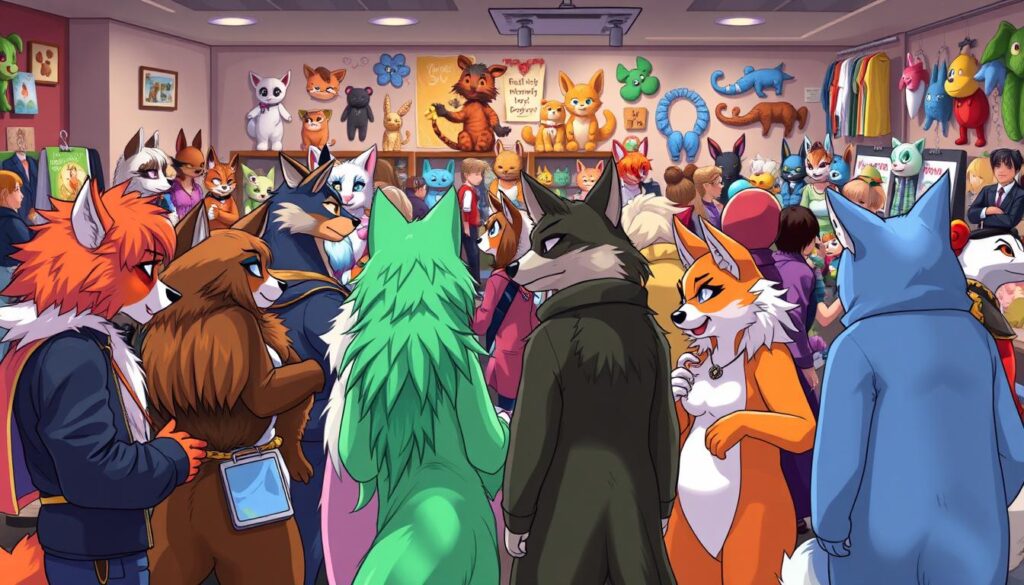
Anthropomorphic Enthusiasm: More Than Just Costumes
A fursona—a personalized animal avatar—serves as a creative outlet. Only 25% of furries own full fursuits, yet these intricate costumes symbolize the fandom’s artistry. Studios like Menagerie Workshop spend 200+ hours crafting each suit, blending engineering with fantasy.
Media often mislabels the fandom as fetish-driven. In reality, 76% of relationships form within the community, emphasizing platonic bonds. Shows like Bojack Horseman and Zootopia reflect its mainstream appeal.
The Origins and Global Spread of Furry Culture
Emerging from 1980s sci-fi conventions, the furry scene now spans continents. Events like Anthrocon (Pittsburgh) and Furry Fiesta (Texas) draw thousands annually. Attendees average 28 years old, debunking myths about immature participation.
| Furry | Therian |
|---|---|
| Identity tied to artistic personas | Belief in non-human spiritual identity |
| Focus on community events | Often solitary or nature-focused |
| 45% perceive non-human traits | Rejects human identity entirely |
Philanthropy underscores the culture’s values. From 2000–2009, furries donated $470K to charities—proof that this group prioritizes giving over stereotypes.
Why Do People Hate Furries? Media Influence and Stereotypes
Negative stereotypes about the furry fandom stem from sensationalized reporting. Television and news outlets often amplify fringe aspects while ignoring the community’s positive contributions. This distortion creates a cycle of misunderstanding.
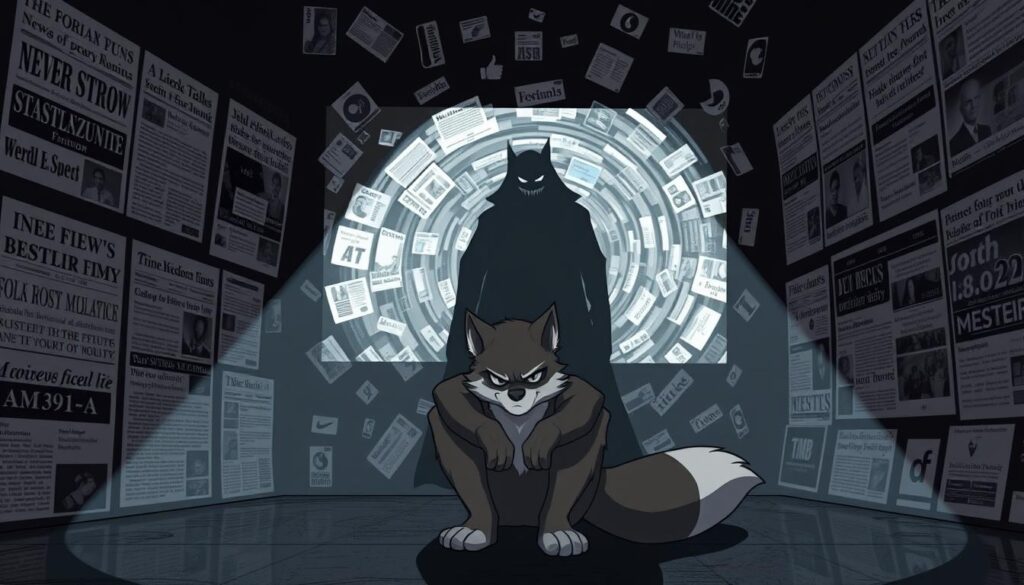
How News and TV Shape Negative Perceptions
CSI’s 2003 episode Fur and Loathing falsely linked the fandom to criminal behavior. Similar to historical media panics, it painted furries as deviant. A 2016 Star Wars study revealed identical bias patterns—outlets focus on extremes.
- Clickbait economics: 78% of furry-related searches lead to NSFW results, skewing public content exposure.
- Vanity Fair’s 2001 article labeled the group as fetishists, a myth still cited today.
- Academic research by Stephen Reysen shows only 20% own fursuits, despite media implying 100% participation.
CSI, Clickbait, and the “Dangerous Fandom” Myth
Anthrocon’s crime rate is lower than most festivals, yet headlines suggest otherwise. Meanwhile, the furry community raised $1.4M for charities in 2023. This disconnect mirrors past mistreatment of D&D and comic fans.
Bullying rates among furries hit 50%, fueled by sensationalism. Accurate representation—like showcasing art galleries at cons—could bridge the gap between reality and stigma.
Debunking Myths: Sexuality, Fear, and Online Harassment
Misconceptions about the furry fandom often stem from exaggerated claims. Media and online platforms amplify fringe aspects, overshadowing the community’s artistic and philanthropic core. Let’s separate fact from fiction.
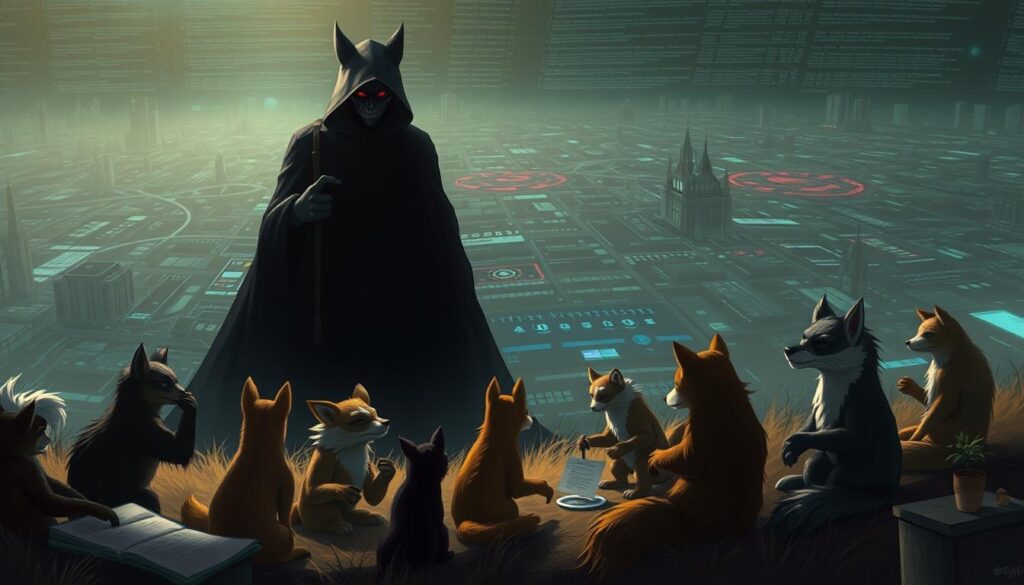
Separating Fetishism from Fandom
Only 50% of furries report sexual interest in anthropomorphic characters—a stat frequently misrepresented. This interest doesn’t equate to zoophilia, as confirmed by researchers like Dr. Courtney Plante. Platforms like FurAffinity enforce strict NSFW filters, with 80% of spaces segregating adult content.
Search algorithms inflate adult material visibility. For every vintage collectible toy post, three NSFW results appear. Texas Furry Fiesta’s age-restricted zones prove the community prioritizes safety.
The Uncanny Valley Effect and Fursuits
Fursuits sometimes trigger discomfort due to the Uncanny Valley—a psychological response to near-human features. Large eyes and exaggerated proportions, while expressive, can unsettle viewers. Yet, designers refine aesthetics to balance appeal and realism.
Events showcase suits alongside electronic toys, normalizing them as art. The 2014 Midwest FurFest attack, wrongly blamed on furries, actually involved an outsider.
Social Media’s Amplification of Hate
Anti-furry harassment surged 300% post-2016, fueled by 4chan raids. Coordinated campaigns spread hoaxes, like the “litter box” rumor debunked by Good Spirit School Division. Florida’s anti-LGBTQ+ laws worsened stigma, despite 85% of furries identifying as LGBTQ+.
Dr. Plante’s research highlights the fandom’s resilience. While death threats persist, community solidarity counters hate—one creative persona at a time.
Moving Beyond Stereotypes: Building Empathy for Furries
Economic and social contributions prove the furry community’s positive influence. Events like Anthrocon inject $3M yearly into local businesses, from hotels to restaurants. This fandom isn’t just about costumes—it’s a cultural force.
Groups like UT Dallas’ furry support network showcase inclusivity. Their peer-led meetings foster safe spaces, mirroring the community’s core values. Meanwhile, 2023’s $1.4M charity donations—split between LGBTQ+ and animal causes—speak louder than stereotypes.
Media literacy programs could reframe perceptions. Case studies from Menagerie Workshop reveal the artistry behind fursuits. Conventions partnering with mental health orgs further bridge gaps.
With 80% of members reporting high satisfaction in furry spaces, the world might reconsider its biases. Next time you see a fursuit, remember: beneath it lies creativity, charity, and connection.
